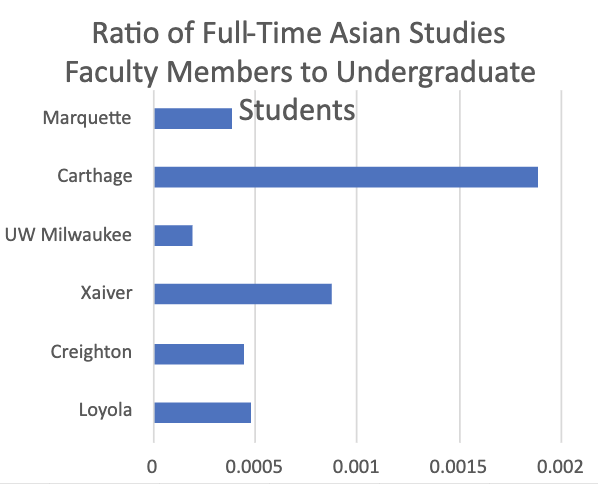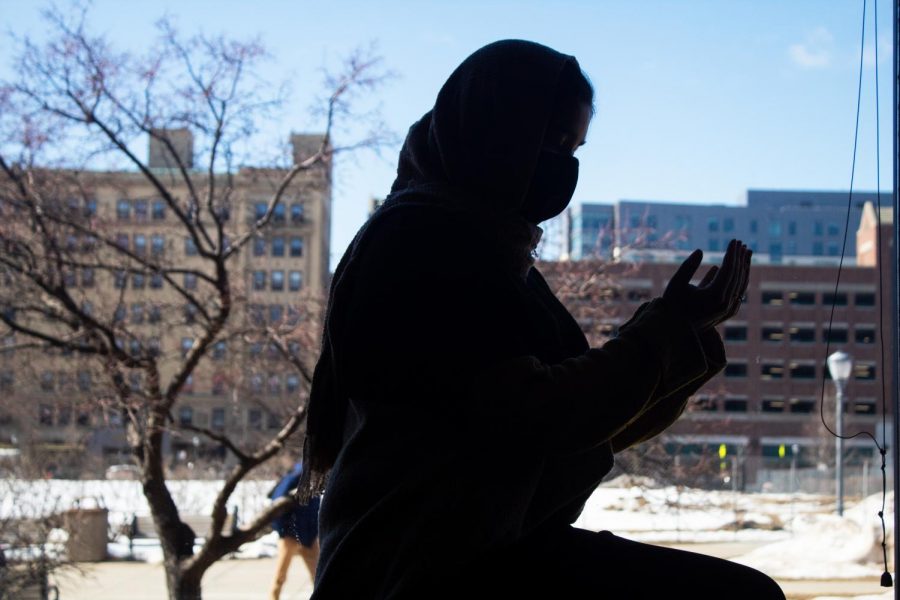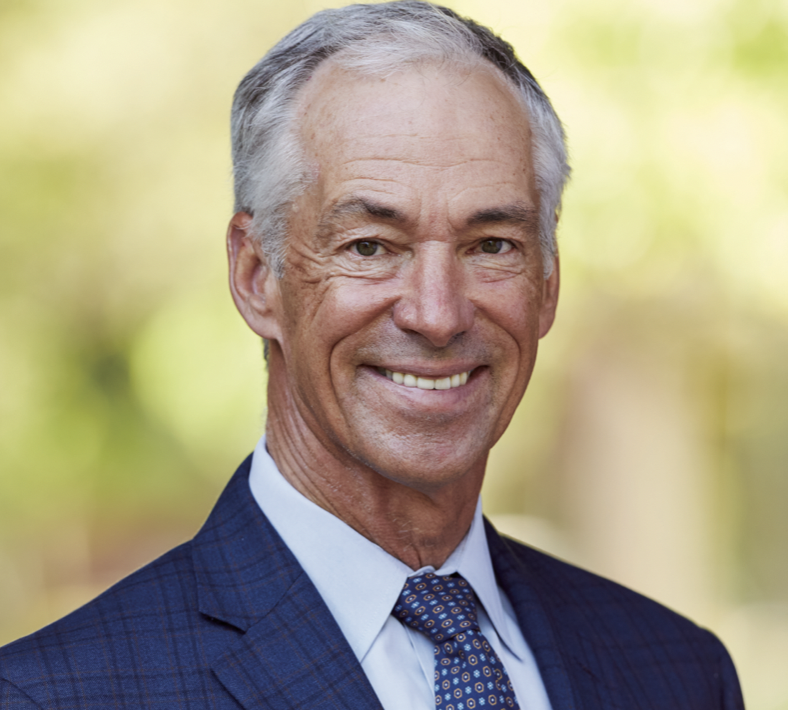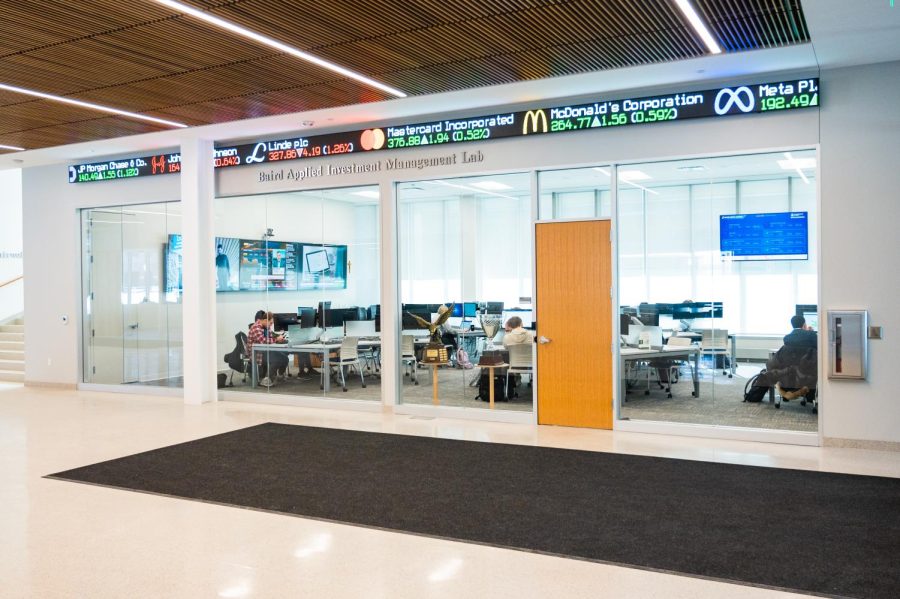
A Marquette education for many students is an opportunity to learn and explore just a few hours away from home. But for some, the journey to Marquette is much farther. It means more than just a degree. It means acclimating to a new climate, country and culture.
Marquette boasts about representing every state and 65 countries in its student body of more than 11,000. Clearly, word is getting out on the international wire about Marquette.
Students are coming from all over the world not only to study and live in America, but also for the education and atmosphere Marquette provides. After graduating from Marquette, many international students decide to stay in America instead of returning to their native countries. But recruiting international students is a thorough process that begins at Marquette.
[yt]J2kZYDUJr2I[/yt]
Zooming in on China
Joe Terrian, assistant dean of undergraduate programs in the College of Business Administration, said the business school is working to build relationships and network overseas.
“We’re slowly getting out there as a college, trying to tap that international market,” Terrian said.
For a large portion of the international graduate students in the College of Business Administration, their attendance is largely because of the recruitment efforts made by the college. Jamshid Hosseini, director of International Business Studies Management in the college, has been traveling overseas to create an academic relationship with students abroad. The college has shown particular interest in Chinese students.
“We have university partners in China, and the contacts in China made it a logical place to start,” Hosseini said. “It is a great market for us.”
Many students are able and willing to study abroad because of the current economic status of China, Hosseini said. Students from China are more able to afford the costs of travel and tuition because of the rate of exchange in China — the Chinese yuan is nearly seven times more than the American dollar, according to Bloomberg.com.
For the 2009-’10 academic year, the MBA program has 38 Chinese students. According to Hosseini, the number of students that have applied to the program, both domestically and internationally, has risen by 50 percent since last year. Hosseini added that the quality of students accepted to the program has improved drastically in the past few years.
While so far the business department has recruited solely from China, Hosseini said they want to expand to other countries soon. There is no definite timeline yet, however the College of Business Administration is looking to diversify as soon as possible.
“We hope for not just one country,” Hosseini said.
Hosseini is hoping to travel to the Middle East next fall and have students enrolled at Marquette by spring 2011.
“This project is the start of what we hope to be something that will really diversify the College of Business as far as a student body is concerned,” he said.
Expansion abroad
It’s not just the College of Business Administration that is expanding its application pool of international students.
Ellen Blauw, associate director in the Office of International Education, said the university makes a conscious effort to bring international students to Marquette.
Representatives from Marquette travel to college fairs in “target areas” across the globe in order to reach countries in Latin America and the Middle East, according to Blauw.
These locations are of specific interest to OIE because Marquette does not have as many students from those areas.
OIE would like to see the number of international students applying to Marquette grow in the coming years.
“We have no set numbers right now for what we would like to see happen in the future,” Blauw said. “But we are interested in growth and students to come from even more countries.”
Although final numbers from the spring semester are not yet available, OIE reports that approximately 500 international students representing 65 countries currently attend Marquette.
The largest number of students come from China, India, Malaysia, Saudi Arabia and Korea, according to Blauw. These trends are consistent throughout the United States, she said.
“We realize the presence of international students as being vital for the university to bridge a cultural difference,” Blauw said. “Not all students get the chance to study abroad.”
Bridging cultural differences
Once international students decide to come to Marquette, OIE works with them to become acclimated to a new and sometimes incredibly different environment.
“We want to be a liaison and have a dialogue with students about their expectations on campus,” Blauw said.
Marquette’s expectations tend to be quite different than the ones students met in their home countries. Many students admitted that just being expected to attend class was something different for them.
Benjamin Duyck, a graduate student in the Graduate School of Management who hails from Brasschaat, Belgium, said he was not expecting such a difference.
“Marquette has a much more hands-on approach,” he said. “In Belgium, we tend to participate a lot less.”
Blauw said the majority of international students will come to Marquette with the intention of earning either their undergraduate or graduate degrees. Only 30 to 40 students out of the 500 international students are on an exchange program for a semester or year at the undergraduate level.
Since many students will study all four years for the undergraduate or graduate degree, the university has created special housing to connect American students with international students.
One of the programs for both exchange and permanent students is Global Village, a hall in Campus Town West dedicated to connecting international students with American students. Of those interviewed, most international students said that Global Village is a large draw to study at Marquette.
Dan Bergen, area coordinator for University Apartments and the advisor to Global Village, said the program is an important way to interweave students from around the world.
“It is an opportunity for American students to get to know students from various cultures without studying abroad, and it involves the international students in an active community on campus,” he said.
In addition to Global Village, OIE sponsors various orientations and cross-cultural events for all students. Such events include speakers and social activities like Conversation Café, a language exchange between international and domestic students.
But the cultural differences are still difficult for many students to overcome.
“Americans are different, let me tell you that,” said Duyck. “But people are always different. American students always seem to want to voice their opinions, even if the person before them said the exact same thing.”
Charlotte Griffin is a junior in the College of Business Administration. She agrees that American students are different than students in her hometown of Birmingham, England.
“Students are a lot more serious about work and act as though it is the only important thing, whereas in Birmingham it is more about getting a full university experience, like work, play, friends and independence,” she said.
Despite these differences, many students hope to stay in the United States upon graduating.
“I really want to stay in the USA,” Duyck said. “I would most likely start working here.”









